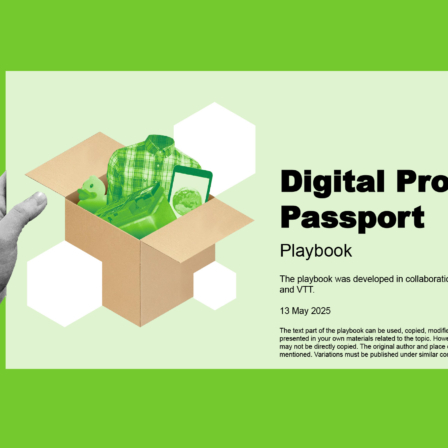Problem
Many sparsely populated areas and smaller localities offer limited or infrequent public transport. Shopping trips and weekends away can be impossible without a private car. On the other hand, cars come with high ownership costs, and they can end up being parked up to 92% of the time. Occasional car users have had limited affordable options until now.
Solution: a service promotes peer-to-peer car rental
The online service enables people to rent their car out on an hourly, daily or weekly basis. In order to ensure trustworthiness and safety, all users must register for the service so that their identity and ability to pay can be verified. The cars are covered by the Blox Car insurance of If Insurance, the first peer-to-peer car rental insurance available in the Nordic countries. As it becomes more widespread, this model is likely to reduce the number of cars and have a positive impact on living environments. The rates of public transport usage and purposeful exercise will increase, as car ownership becomes less popular.
Revenue logic and benefits to Blox Car
The Blox Car service charges a fee of 30% of the rental price. Car owners receive the remaining 70% minus the insurance fee (€2, €3 or €5 per day). This is likely to become a growing market: according to surveys, Finland alone has hundreds of thousands of car owners who could potentially get involved in peer-to-peer rental.
Benefits to customers
Users have flexible access to rental cars and cost savings compared with owning a car. Renting is easy and safe. Car owners get extra cash when not using their cars; the rental price and period are decided by the owner. Introduction of the service as part of regional mobility services does not require any additional acquisitions by local authorities.

















Recommended
Have some more.